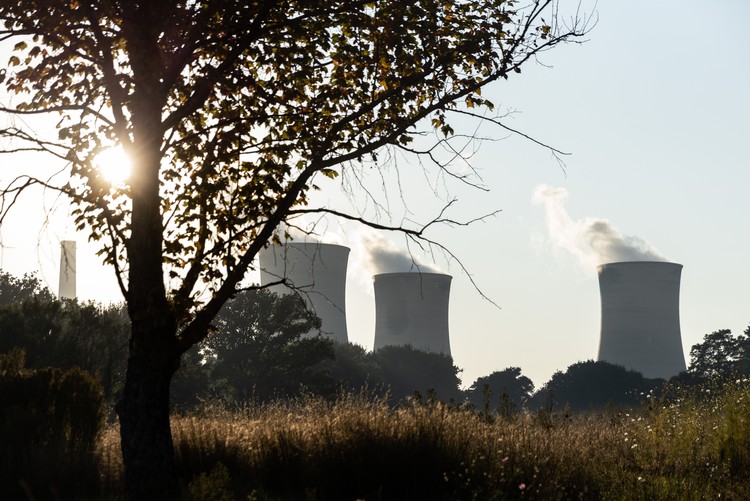
6 December 2023
The Climate Change Bill, currently before the National Council of Provinces, sets out legislation on greenhouse gas emissions. Archive photo: Ashraf Hendricks
South Africa needs to drastically increase its climate financing if it wants to meet its climate goals by 2030, a new report launched by the Presidential Climate Commission (PCC) has found.
The report found that the country’s public and private climate investments would have to increase three to five times from the current average of R131-billion a year. Estimates show that the country needs about R334-billion per year to reach net zero carbon emissions by 2050, and R535-billion per year to meet the climate goals set by the government in terms of the 2016 Paris agreement.
It tracked private and public investments made between 2019 and 2021 “intended to fund the transition to a low-carbon economy and build resilience against present and future climate change”. These include investments in clean energy (which receives by far the most finance at 79%), low-carbon transport, water, the circular economy (e.g. recycling), and sustainable agriculture. Most of the climate funding was through debt.
The report, titled The South African Climate Finance Landscape 2023, was prepared for the PCC by the Climate Policy Initiative (CPI) and GreenCape. The PCC is a body established and chaired by President Cyril Ramaphosa which is overseeing the country’s “just transition” to a low carbon economy.
The launch of the report follows the recent passing by the National Assembly of the Climate Change Bill. The Bill is now before the National Council of Provinces for debate before it is signed into law.
The Climate Change Bill imposes on municipalities and provinces the task of assessing risks from climate change and coming up with a plan to mitigate these risks. It also sets out legislation on greenhouse gas emissions and carbon budgets, and sets up the PCC as a statutory body.
Carbon budgets will be set for each emitter by the Department of Forestry, Fisheries, and the Environment (DFFE).
Soon after the Bill was released, the Centre for Environmental Rights (CER) said in a statement that this would be the first legislation that defines the just transition and this would “ensure that vulnerable workers and communities are not burdened with the social and economic costs of decarbonising the economy and society”.
The definition of a “just transition” in the draft bill is as follows: “a shift towards a low-carbon, climate-resilient economy and society and ecologically sustainable economies and societies which contribute toward the creation of decent work for all, social inclusion and the eradication of poverty”.
The draft has been met with some criticism. Brandon Abdinor, Climate Advocacy Lawyer at the CER, raised concern about the lack of penalties for emitters. For instance, there is a penalty for not submitting a greenhouse gas mitigation plan but there is no penalty for not adhering to that plan. “That runs the risk of being a paper exercise without meaningful reduction happening,” he said.
Abdinor also said municipalities will need technical expertise to prepare their climate change responses. He said that “to conduct an assessment of all the risks and vulnerabilities is really quite a specialist task” and that it is “going to be different for each municipality”.
Similarly, Robyn Hugo, director of climate change engagement at Just Share, a shareholder activist organisation, said that big emitters of greenhouse gases need to face “serious consequences for non-compliance” with their carbon budget. Hugo said it was “unacceptable that no provision has been made for how to address the situation where the company has failed to comply with their [carbon] budget” and that there was no penalty for this.
Hugo said that it has become clear that “voluntary measures” by emitters to reduce their greenhouse gas emissions have “dismally failed”. “Global emissions continue to rise and the timeframe to take meaningful climate action to avoid the worst impacts of the climate crisis is rapidly narrowing,” she said.
The two biggest emitters in South Africa, Eskom and Sasol, both said that they are in support of the Climate Change Bill in response to GroundUp queries.
The DFFE said to GroundUp that issues with penalties for non-compliance will be dealt with by means of the Carbon Tax Act and also in the carbon budget regulations.
DFFE spokesperson Peter Mbelengwa said that the carbon budgets and greenhouse gas mitigation plans will be integrated to “enforce the implementation of the carbon budgets”.
Mbelengwa said a “mix of measures” will work to ensure that greenhouse gas emissions are reduced.